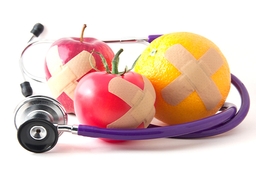Foods for Breast Cancer Prevention
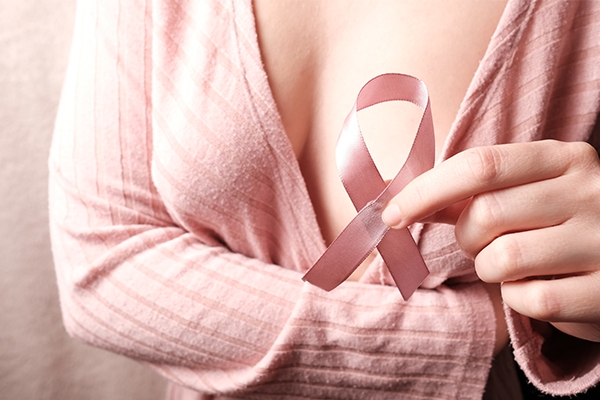
In 2022, there were 2.3 million women diagnosed with breast cancer and 670,000 deaths globally.
According to WHO data, women have a higher risk of developing breast cancer, with around 99% of cases occurring in women and 0.5–1% in men.
Breast cancer can be caused by various factors such as DNA damage, mutations in genes like BRCA1 and BRCA2, lifestyle, and diet, which contribute to around 30%–40% of cases. Research has linked smoking, exposure to estrogen, heavy drinking, and consuming processed foods to an increased risk of breast cancer.
It's important to note that while no food or diet can completely prevent breast cancer, certain types of food can help improve overall health, boost immunity, and reduce the risk of breast cancer.
Additionally, being overweight raises the risk of breast cancer, so maintaining a healthy weight through exercise and a balanced diet is crucial.
The National Cancer Institute suggests that exercising for four hours or more a week can lower hormone levels and help reduce the risk of breast cancer. Here are some tips for maintaining weight and reducing the risk of cancer:
1. Eat more vegetables and fruits
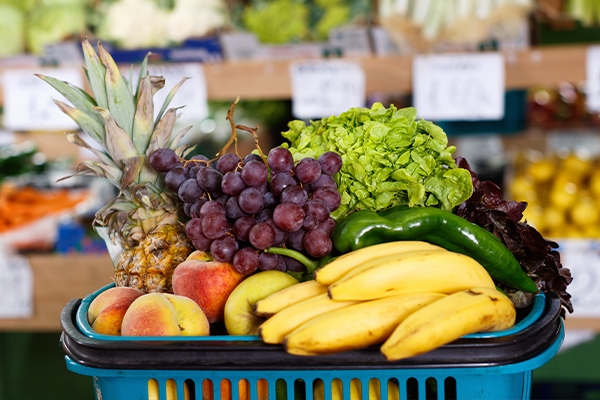
Vegetables and fruits are rich in fiber, antioxidants, and phytochemicals that can lower the risk of cancer and protect against chronic diseases like diabetes and heart disease.
Dark, green, leafy vegetables, such as kale and broccoli, and fruits like berries and parsley, are high in health-beneficial flavonoids and carotenoids.
Aim to eat various fruits and vegetables in different colors every day. For example red (apples, tomatoes, and red cabbage), orange (cantaloupe, carrots, and oranges), yellow (bananas, lemons, and pineapples), green (broccoli, and leafy greens, such as spinach, kale, and green cabbage), blue/purple (beets, grapes, blueberries, and rhubarb).
2. Is it safe to eat soy?
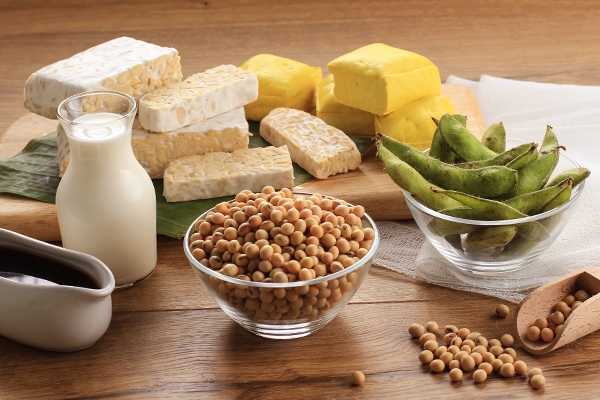
Soy contains high protein, fiber, B vitamins, iron, calcium, and isoflavones. Soy isoflavones may help bind estrogen and lower the risk of hormone-related cancers like breast and prostate.
Recent studies including data from the Women's Healthy Eating and Living (WHEL) study have confirmed that consuming soy (up to 3 servings per day) from whole foods, such as edamame, soybeans, tofu, and soy milk, is probably safe for all types of breast cancer.
3. Be careful with sugar
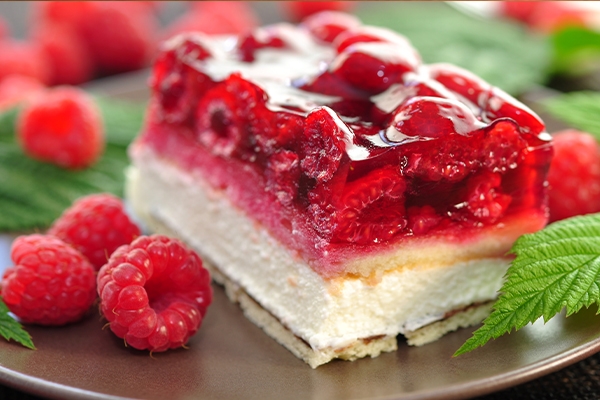
Limit concentrated sweets, added sugars from processed foods, and sugary drinks, which are high in calories but low in nutrients. High sugar intake can increase insulin levels and lead to weight gain, both of which can potentially lead to cancer.
Added sugars can be found in many products, such as bread, crackers, granola bars, salad dressings, and yogurt. Meanwhile, natural sugars in fruits, vegetables, nuts, seeds, dairy products, and soy milk are the best sources of carbohydrates.
The Ministry of Health (Kemenkes) recommends that the limit of sugar consumption per person per day is 50 grams or the equivalent of 4 tablespoons.
4. Avoid red and processed meat
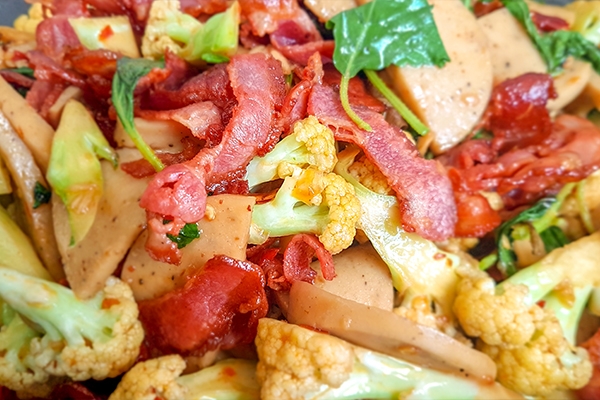
Some studies have linked red meat to an increased risk of breast cancer.
A 2019 study examined meat consumption in more than 42,000 women with a family history of breast cancer. Researchers discovered that women who ate the most red meat had a 23% higher risk of breast cancer than women who ate the least. How the meat was cooked had no significant effect on this risk.
Processed meats, such as hot dogs, sausages, bacon, and cold cuts, tend to be high in fat, salt, and preservatives. This may slightly increase the risk of breast cancer.
5. Consider taking a vitamin D supplement
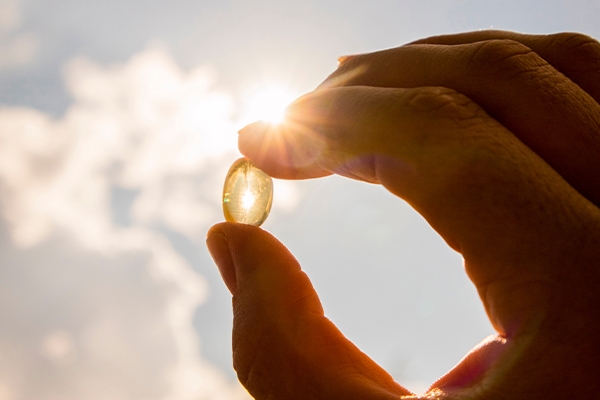
Low levels of vitamin D have been linked to an increased risk of breast, colon, and prostate cancer. Few foods naturally contain vitamin D, although some products, such as soy and almond milk, may be fortified.
Sun exposure (while wearing sunscreen!) can help boost vitamin D levels in the body.
6. Eating high-fiber foods
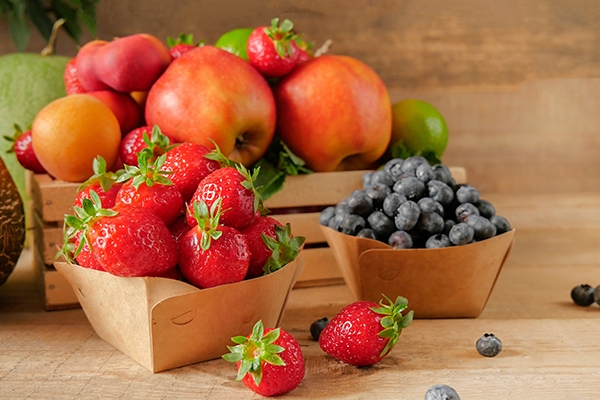
High-fiber foods keep you feeling full longer, preventing you from reaching for a snack 10 minutes after lunch. Research shows that high-fiber foods release an anti-appetite molecule called acetate, which signals to the brain that the body is full.
High-fiber foods include whole-grain cereals, beans and lentils, nuts, blueberries, and apples.
7. Cut back on fatty foods
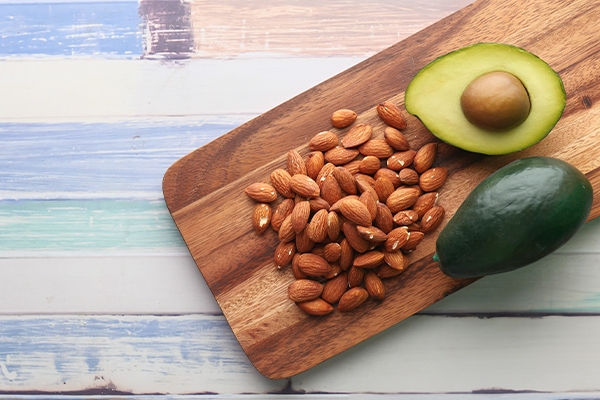
Limit your daily fat intake, ideally 67 grams per day, to keep your weight in check. Choose healthy fats, such as almonds, peanut butter, avocado, and hummus.
8. Be physically active

Physical activity is defined as any movement involving skeletal muscles that requires more energy than resting. It can include working, playing sports, doing household chores, and leisure-time activities, such as walking, jogging, running, yoga, hiking, biking, and swimming.
Spending a lot of time sitting or lying down may also increase the risk of cancer.
How can I check for breast cancer?
In general, early screening and detection are crucial in screening and crucial in preventing and reducing the risk of breast cancer and the severity of advanced stages.
The following examinations can be conducted:
- Breast Self-Examination (SADARI).
- Clinical Breast Examination (SADANIS).
- Breast ultrasound and screening mammography.
Can cancer be cured by diet?
There is no scientific evidence proving that any diet can cure cancer. However, a healthy diet can be beneficial for:
- helping the body repair itself
- strengthening the immune system
- protecting healthy cells from environmental damage
“Making any change is hard. But setting small, achievable goals makes big goals easier to achieve.”
**
Take care of your health before it's too late! Set a healthy diet and prevent the risk of cancer with our medical team at GWS Medika Clinic, a health clinic in Jakarta.
Consult as soon as you notice any unusual signs. Visit GWS Medika Clinic, a health clinic, now to receive the best advice to preserve your health. Schedule your appointment today!


